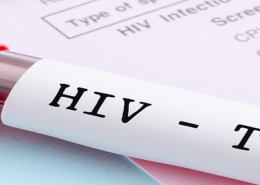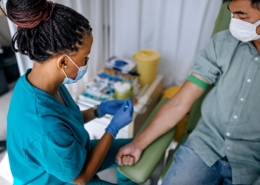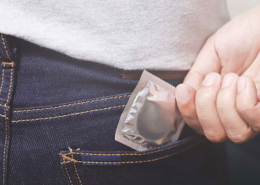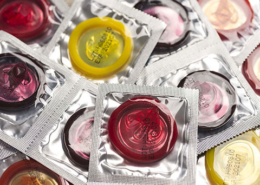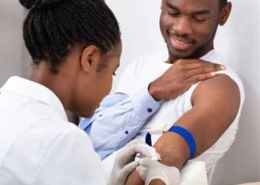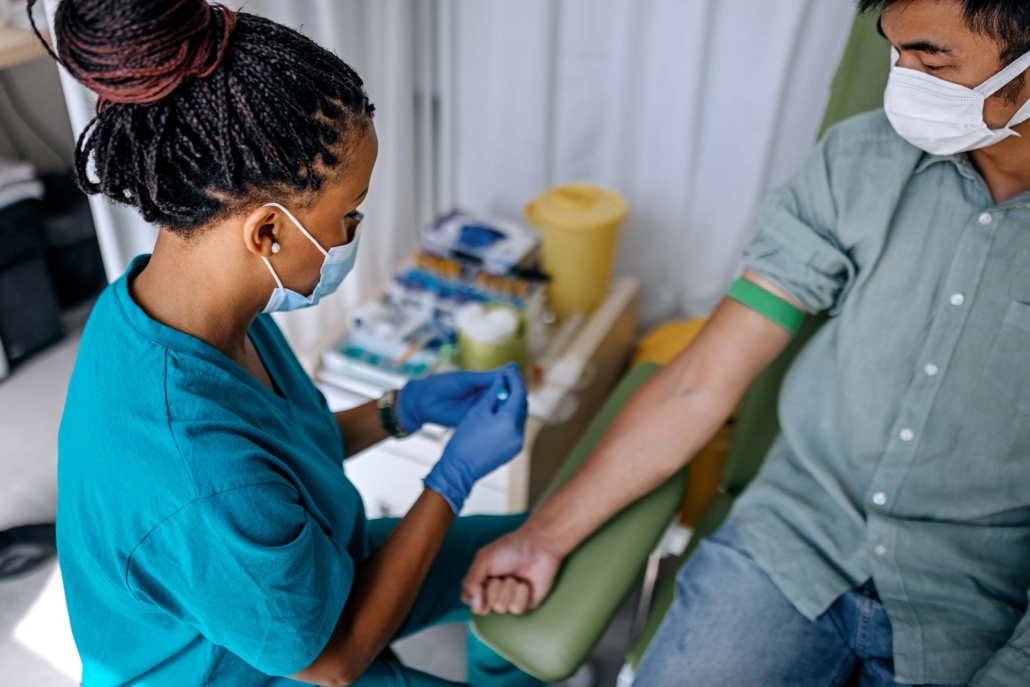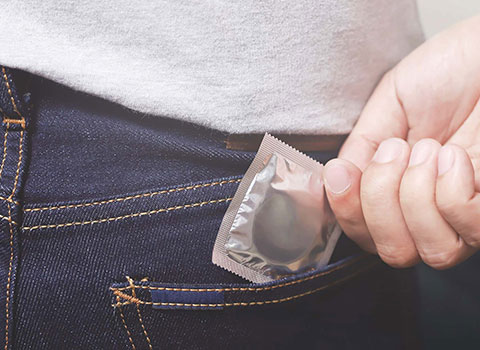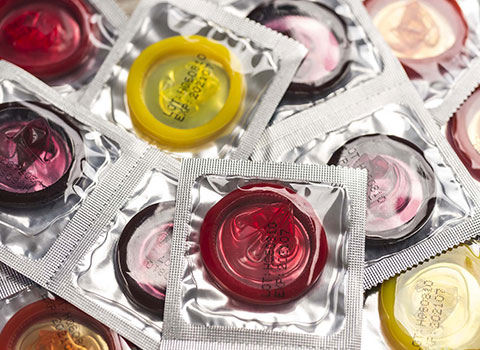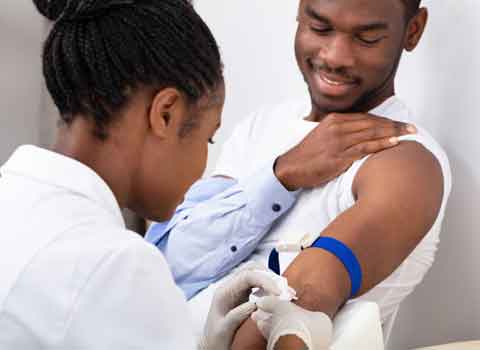 https://carethatfitsyou.org/wp-content/uploads/2023/01/CTFY-Web-image-8315_Undetectable.jpg
325
570
Admin
https://carethatfitsyou.org/wp-content/uploads/2020/04/care-that-fits-you.png
Admin2024-05-20 20:01:352024-06-10 19:21:29Información de la Mpox
https://carethatfitsyou.org/wp-content/uploads/2023/01/CTFY-Web-image-8315_Undetectable.jpg
325
570
Admin
https://carethatfitsyou.org/wp-content/uploads/2020/04/care-that-fits-you.png
Admin2024-05-20 20:01:352024-06-10 19:21:29Información de la MpoxMpox: Take care of yourself and your community
Self-care means being protected. Find out what you need to know about mpox – and how the mpox vaccine can help you care for yourself, your partners, and your community.
What is mpox?
Mpox, formerly known as monkeypox, is a disease caused by the monkey pox virus. It’s in the same virus family as smallpox, but mpox is usually much milder.
What are the symptoms?
People with mpox often get a rash that looks like pimples or blisters and can be painful or itchy. It can appear on your face, mouth, hands, feet, chest, genitals, and/or anus/rectum. Some people also have flu-like symptoms, either before or after the rash. Most symptoms start within three weeks (but typically within 1-2 weeks) of being exposed to the virus.
Flu-like symptoms can include:
- Fever
- Chills
- Swollen lymph nodes
- Exhaustion
- Muscle aches or a backache
- Headache
- Sore throat
- Congestion
- Cough
If you have mpox, you may experience all or only a few symptoms. Some people may only experience a rash.
If you have any symptoms of STDs/STIs or HIV that include a rash or skin lesion, it’s a good idea to get tested. Getting tested regularly for STDs/STIs and HIV is a good way to stay on top of your sexual health self-care.
How is mpox spread?
Mpox is spread in a few ways. The most common way is through close, personal, skin-to-skin contact, which can include:
- Direct contact with an infected person’s mpox rash and scabs
- Touching the areas around an infected person’s anus, rectum, or vagina
- Coming in contact with an infected person’s saliva, snot, or mucus
Most often, this close contact can happen when you’re having sex—including foreplay—with someone who has mpox, including:
- Oral, anal, or vaginal sex
- Touching the genitals or anus
- Hugging, kissing, or massage
- Being face-to-face for a long time
Other less common ways mpox can be spread include pregnancy, birth, and being in close contact with an infected animal.
Mpox can occur at the same time as other infections, including another rash illness such as herpes or syphilis.
Who is at increased risk of getting mpox?
Anyone can get mpox, which is why considering the vaccine as part of your self-care checklist is so important.
You could have a higher risk of getting mpox if you:
- have been exposed to someone with mpox
- had a sexual partner in the past two weeks who was diagnosed with mpox
- are a gay, bisexual, or other man who has sex with men, or a transgender person who has sex with men
Because it’s spread through close, personal contact, your risk for mpox goes up the more sexual partners you have.
How can I prevent mpox?
The good news is that there is a vaccine to prevent mpox. It’s a great addition to your self-care checklist and will help you stay protected.
The vaccine is called JYNNEOS. It’s a two-dose vaccine and you need to get both doses to get the best protection. The second dose should be given four weeks after the first dose. Your protection is highest two weeks after your second dose.
There is evidence that the vaccine is very effective. People who have been vaccinated can still get mpox, but the illness is usually less severe. Still, even after you’ve been vaccinated, you should continue to avoid close, skin-to-skin contact with anyone who has an active mpox infection.
Where can I get a vaccine?
The vaccine is free and available across Massachusetts. Find a mpox vaccine site near you.
How else can I protect myself?
Getting the vaccine is a great way to protect yourself but there are also other steps you can take to protect yourself:
- Be careful of skin-to-skin contact with other people who have rashes. Avoid close, skin-to-skin contact with people who have a rash. Rashes can look like pimples, blisters, or scabs. The rash could be on the genitals or anus, or other areas like hands, feet, chest, face, or mouth.
- Try not to share things with someone who has or could have mpox. If you know someone who has mpox, don’t share eating utensils or drinks. Don’t touch bedding, towels, sex toys and/or gear, or clothing worn/used by someone with the virus.
- Wash your hands. Handwashing is one of the best ways you can protect yourself, your partners, and your community. When you wash, use soap and water, or even an alcohol-based hand sanitizer, especially before you eat. Wash your toys and gear too! Cleaning toys with soap and water before and after every use is always a good idea.
- Talk with your partners. Open communication can help you stay protected. Start by getting contact information from sex partners so you can communicate about any future health concerns. Talk with all your partners about any mpox symptoms you may be experiencing, including a rash and flu-like symptoms.
- Try new things that carry less risk. If you’re sexually active, there are some other ways to reduce your chances of being exposed to mpox.
- Reduce your number of sex partners to minimize the likelihood that you are exposed to mpox.
- Try sexting or cybering. If you and your partner trust each other not to post or share pictures or videos without consent, consider virtual sex.
- Consider having sex with your clothes on.
- Masturbation is the safest kind of sex. You can go solo, or you and your partner can masturbate together, at a distance, without touching each other.
Who should get tested for mpox?
If you’ve been in close contact with someone who has the virus, you should see a health care provider. If you have a rash that could be mpox, your health care provider may recommend you get tested.
What should I do if I’m a close contact of someone who has tested positive for mpox or if I think I’ve been exposed?
Here are some steps you can take to protect yourself and your community:
- Keep an eye on your symptoms. Mpox symptoms usually show up within three weeks of exposure.
- Get vaccinated. Getting vaccinated, even after you’ve been exposed, can help prevent mpox or make it less severe. This is called post-exposure prophylaxis (PEP).
- Minimize spread. Limiting contact with others—even if you’re not showing symptoms—can lessen the spread.
- Talk to a trusted health care provider. A health care provider can help you figure out the best next steps. Find one near you.
How do I get tested for mpox?
A health care provider will take a swab from your rash, with results usually available within a few days. While you’re waiting for your results, make sure to isolate yourself from others to prevent spreading mpox. Remember to ask for testing for STDs/STIs and HIV if you’re not sure of your status and want to stay on top of your sexual health care.
Is there treatment?
Most people who get mpox don’t get severely sick and usually recover within two to four weeks without any treatment.
If you have a severe disease or weakened immune system, treatment may be recommended. Health care providers may recommend the antiviral medication tecovirimat (TPOXX). TPOXX is usually used to treat smallpox, a virus in the same family as mpox.
It’s important to take care of yourself while you recover:
- Try not to scratch your rash. It doesn’t help with recovery and can spread the virus to other parts of your body.
- Use gauze or bandages to cover the rash.
- Soak in a warm bath. It can provide some relief. Make sure to fully dry your skin afterwards.
- Avoid shaving any parts of your body with a rash or scabs.
- Eat healthy and get plenty of rest to help your body heal.
Looking for PrEP or
other services?
Search for services near you.
Is PrEP right for you?
Take a short quiz to learn more.







